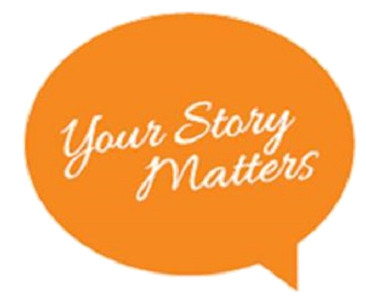A field guide to the twenty-first century, written by one of its most celebrated observers.
In his most ambitious work to date, Thomas L. Friedman shows that we have entered an age of dizzying acceleration--and explains how to live in it.
We all sense it―something big is going on. You
feel it in your workplace. You feel it when you talk to your kids. You can’t
miss it when you read the newspapers or watch the news. Our lives are being
transformed in so many realms all at once―and it is dizzying.
In Thank
You for Being Late, a work unlike anything he has attempted before,
Thomas L. Friedman exposes the tectonic movements that are reshaping the world
today and explains how to get the most out of them and cushion their worst
impacts.
You will never look at the world the same way again after you read
this book: how you understand the news, the work you do, the education your
kids need, the investments your employer has to make, and the moral and
geopolitical choices our country has to navigate will all be refashioned by
Friedman’s original analysis.
Friedman begins by taking us into his own way of looking at the world―how he writes a column. After a quick tutorial, he proceeds to write what could only be called a giant column about the twenty-first century.
His thesis: to understand the twenty-first century, you
need to understand that the planet’s three largest forces―Moore’s law
(technology), the Market (globalization), and Mother Nature (climate change and
biodiversity loss)―are accelerating all at once.
Due to an exponential increase in computing power, climbers atop Mount Everest enjoy excellent cell-phone service and self-driving cars are taking to the roads.
A parallel explosion of economic interdependency has created new riches as well as spiraling debt burdens.
Meanwhile, Mother Nature is also seeing dramatic changes as carbon levels rise and species go extinct, with compounding results.
How do these changes interact, and how can we cope with them?
These accelerations are
transforming five key realms: the workplace, politics, geopolitics, ethics, and
community.
To get a better purchase on the present, Friedman returns to his Minnesota childhood and sketches a world where politics worked and joining the middle class was an achievable goal.
Today, by contrast, it is easier than ever to be a maker (try 3-D printing) or a breaker (the Islamic State excels at using Twitter), but harder than ever to be a leader or merely "average."
Friedman concludes that nations and individuals must learn to be fast (innovative and quick to adapt), fair (prepared to help the casualties of change), and slow (adept at shutting out the noise and accessing their deepest values), and he explores how communities can create a “topsoil of trust” to anchor their increasingly diverse and digital populations.
With vitality, wit, and optimism, Friedman shows that we can overcome the multiple
stresses of an age of accelerations―if we slow down, if we dare to be late and
use the time to reimagine work, politics, and community. Thank You for Being Late is Friedman’s most ambitious book―and
an essential guide to the present and the future.
The book is available from The Book Depository and Amazon
















